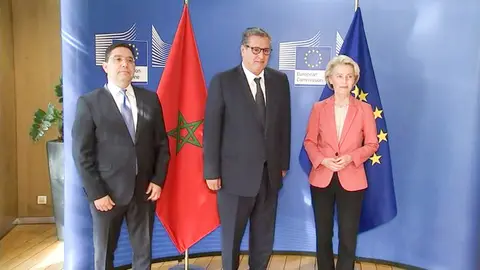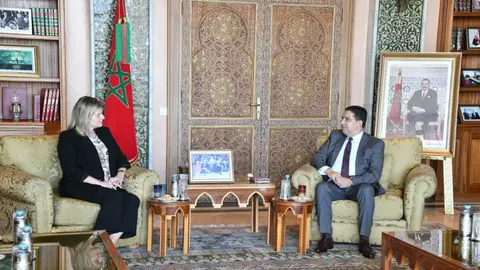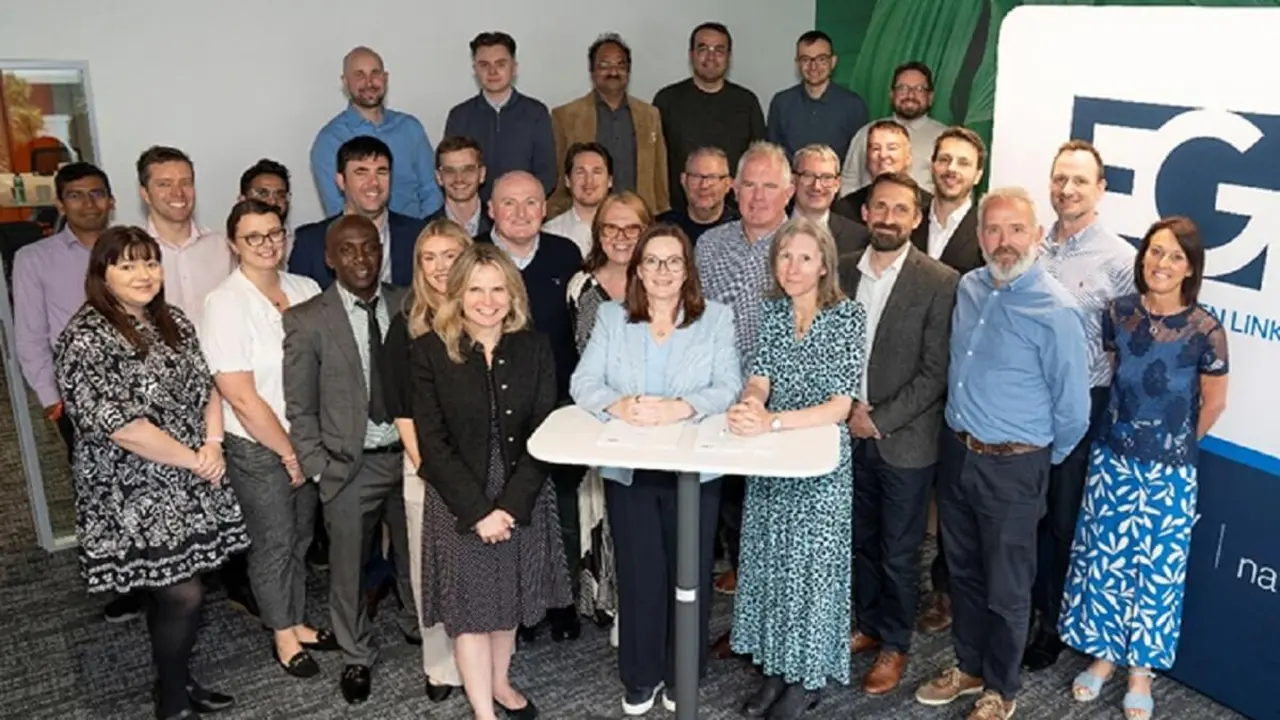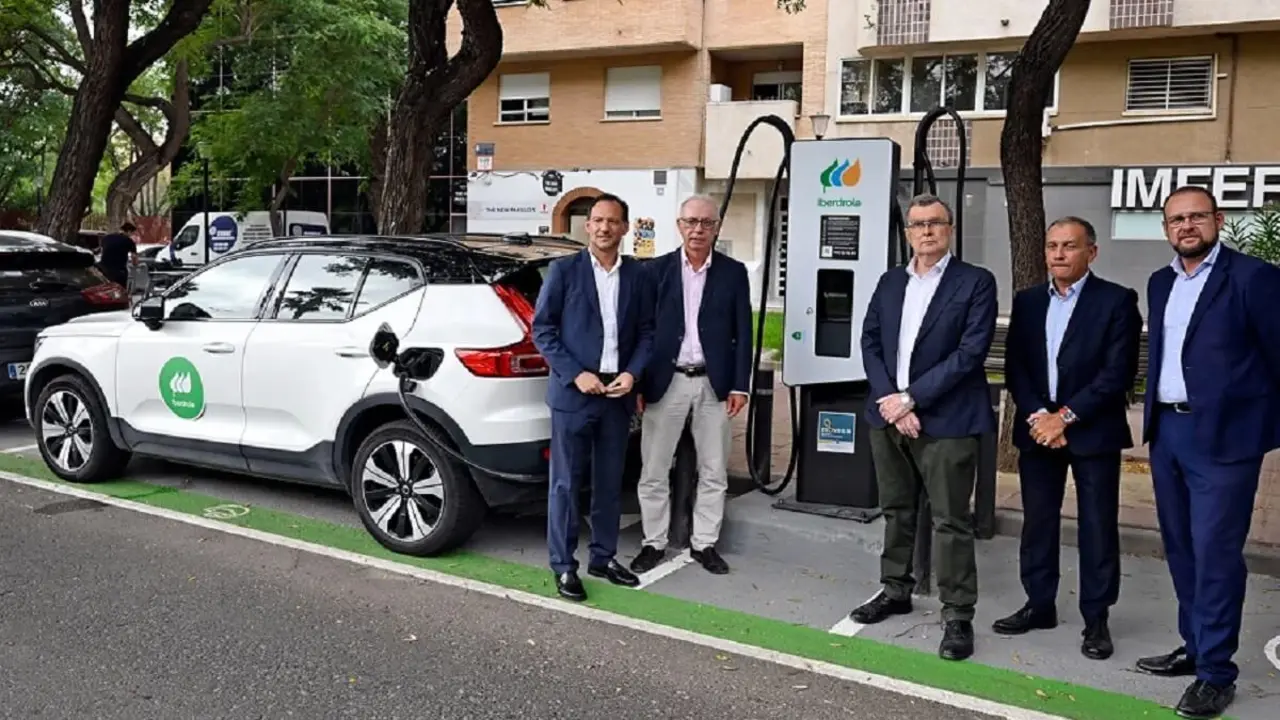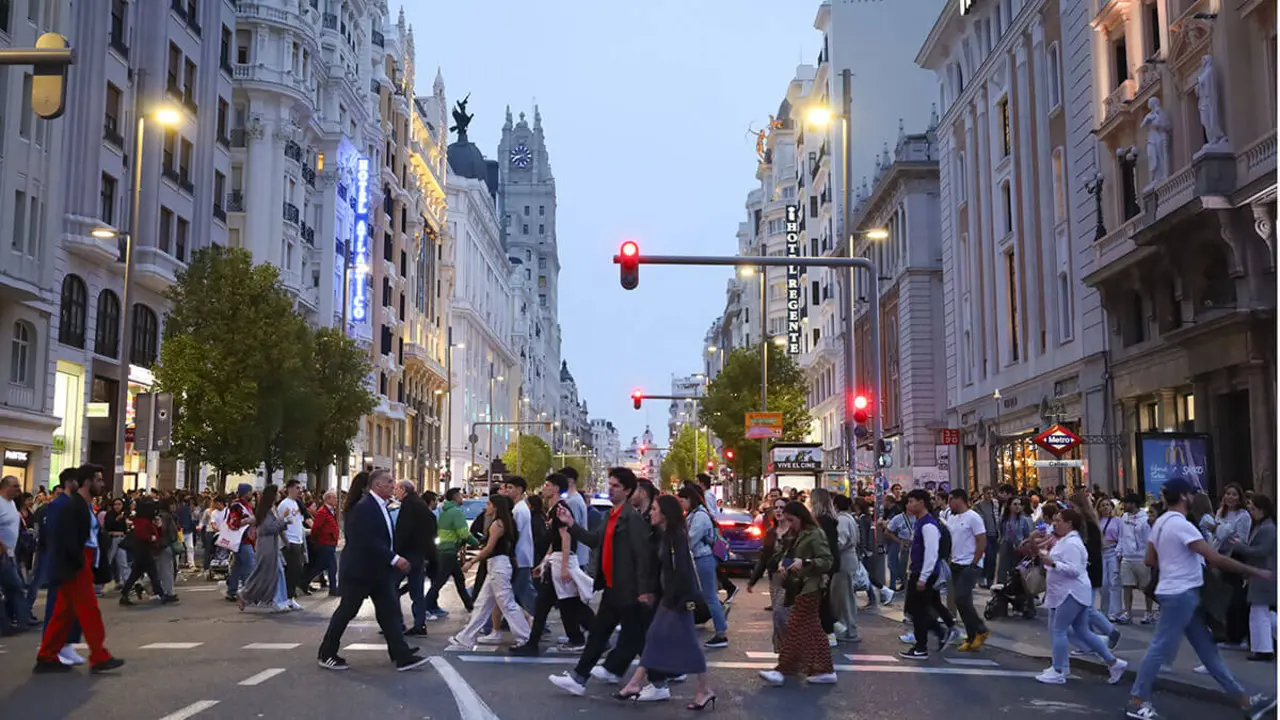How has Morocco become an important investor in Africa?

In the context of the geopolitical restructuring of the world, Morocco is taking firm steps towards becoming a major regional power in a young continent that is gradually becoming a world pole of recognised economic growth.
For centuries, the Alawite kingdom has been a major enclave of trans-Saharan trade, thanks to the caravan trade routes from black Africa to the western edge of the Sahara.
After Mohammed VI's accession to the throne, Morocco experienced progressive economic growth from 2000 onwards, becoming an emerging country with a stable economic and financial system open to multiple development possibilities. It began to adopt measures to attract foreign investment, build major infrastructure, and take advantage of its strategic position for trade between West Africa, Europe and the Middle East.

To achieve these goals, the North African country intensified its foreign policy by turning its compass towards sub-Saharan Africa; and at the same time consolidating its relations with the West.
As a giant step towards exploring Africa as a destination for investment and cooperation, Morocco marked its re-entry into the EU in 2017 after 30 years of absence. Later, particularly on 30 May 2019, the African Free Trade Agreement came into force, which aims to make Africa one of the largest economic markets and free movement of people in the world, including 55 states.
In the same vein, Morocco did not hesitate to sign the treaty in order to become strongly involved in mitigating the situation of instability and multidimensional crisis that the region is experiencing. With the intention of providing support and assistance, Morocco has also signed several bilateral cooperation agreements that have touched on various areas such as education, social development, food security, youth employment, climate change, water and electricity management, among domains of common African interest.

In its strategy to expand its investments and share its economic and social expertise with African countries, the Kingdom launched an energetic and dynamic pan-Africanist diplomacy that had succeeded in establishing trade agreements, consolidating economic ties and facilitating Morocco's direct investment in countries such as Côte d'Ivoire, Senegal, Gabon, Mali, Guinea-Bissau, Rwanda, Tanzania, Ethiopia, Nigeria, Ghana and the Republic of Guinea.
Morocco's active economic diplomacy has become, over the years, a powerful instrument of soft power, thanks to which Morocco has managed to sign multi-sectoral cooperation agreements, on the one hand, and the financing of investment projects in African countries, on the other, thus strengthening south-south cooperation.
Currently, due to the investments made by Moroccan companies in Africa, Morocco is considered the second largest investor on the continent, after South Africa, and the first in West Africa. Financial institutions such as Attijariwafa Bank, the Central People's Bank and the Bank of Africa hold one-fifth of banking assets in West Africa. Fertiliser giant OCP is present in 16 African countries, while leading telecommunications company MarocTelecom operates in several sub-Saharan African countries.

Another decisive factor contributing to Morocco's improved position in Africa is the country's investment projects in logistics infrastructures, together with its maritime and air connections. All this has strengthened the Kingdom's position as an easy gateway to and from Africa. Thanks to the National Port Strategy 2030, the port of Tangier Med is undergoing continuous development with the aim of becoming a major logistics hub in both the Mediterranean and Africa. It is currently connected with 186 ports in the world, 38 of which are in Africa, and represents a giant hub where 20% of world trade circulates annually.
In its relations with African countries, Morocco uses several forms of partnership. Firstly, bilateral cooperation through partnerships between Morocco and the African country concerned. These partnerships involve the involvement of the public and/or private sector, as well as direct financing of infrastructures or free donations. An example of this bilateral cooperation is the mega-project signed between Morocco and Nigeria in 2017 for the construction of a transnational undersea gas pipeline, a strategic project for all West African countries.
Secondly, multilateral cooperation, reflected in Morocco's chairmanship of the Global South Group (G-77+China) in 2022, through which it has advocated promoting the shared aspirations of its members, including cooperation among Sub-Saharan African states.

Finally, Morocco's triangular cooperation is reflected, for example, in the partnerships between Japan, Morocco and French-speaking African countries in the fields of maritime fisheries, agriculture, port management, water sanitation, and women's and children's health, among others.
A recent preliminary analysis by the World Bank, which assesses the impact of the Al-Haouz earthquake on Morocco, predicts a reduction in economic growth over the next three years, due to an increase in indebtedness. This is an assumed scenario whose influence on Morocco's development as a regional power is likely, although initial findings suggest that the impact will be moderate in terms of the national economy.

